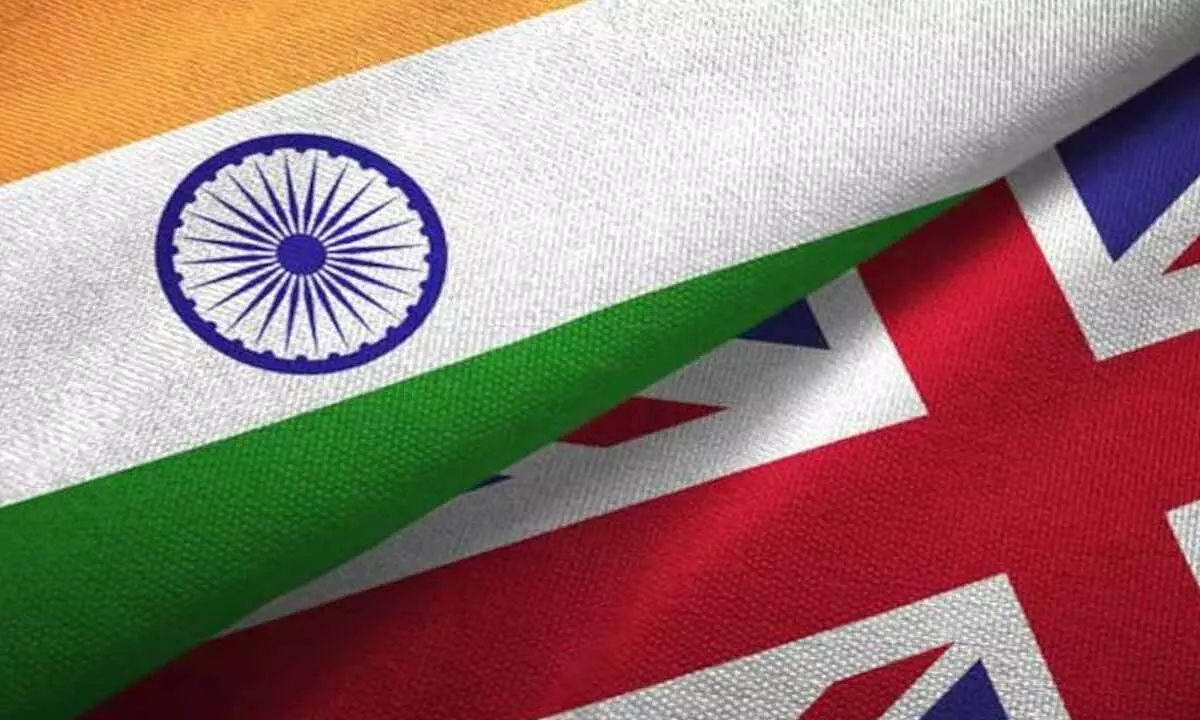India-UK FTA looks promising
Scotch whisky lovers can look forward to lower prices by the end of the year, and also a wider variety of Scotch brands once the India-UK FTA is formalized. In the food and drink sector, the principal impediment to market access into India remains high Basic Custom Duty (BCD) on imported food and drinks.
image for illustrative purpose

Scotch whisky lovers can look forward to lower prices by the end of the year, and also a wider variety of Scotch brands once the India-UK FTA is formalized. In the food and drink sector, the principal impediment to market access into India remains high Basic Custom Duty (BCD) on imported food and drinks. Import tariffs on consumer food products range from 0 to 150 per cent. This high rate of duty negatively impacts Indian businesses as it increases the price of Bottled-in-origin (BiO) and bottled-in-India (BII) products in the Indian market. The majority of the Scotch whisky imported into India comes in bulk, and not bottles.
And a significant part of it goes into making Indian made foreign liquor (IMFL). If the tariff is reduced from 150 per cent Indian whisky companies will have access to high quality ingredients at lower prices, which will further be passed on to Indian consumers. An India–UK FTA has the potential to be a win-win; a win for both countries and a win for businesses, consumers and State Governments in the form of greater taxes.
A tariff reduction by India will help to bring into India a premium segment of wines and spirits that can grow the market for all players, including growth of the hospitality and tourism market.
The tariff reduction will also reduce the costs of Indian alco-bev companies who import bulk Scotch as an ingredient in their own blends, and it would increase investment and job creation in India as these Indian companies grow.
Investments in India by UK companies would also grow as there would be more bottling of bulk Scotch whisky in India. As well as benefitting from lower costs, consumers in India would also enjoy greater choice as niche brands will enter the market.
Governments and tax authorities would benefit too. Modelling by the Scotch Whisky Association (SWA) suggests that the phased reduction of the import tariff could lead to an increase of £3.4 billion in revenue to the Indian government, both at the Centre and the States. This clearly demonstrates huge potential for a win-win for both countries.
The UK has not levied any tariffs on Indian spirits since the 1990s. As a result, several Indian brands are selling well, and at high prices in the UK. It is also thought that a reduced tariff will flood India with Scotch. The truth is that there is simply not the capacity in Scotland to produce significantly more. Production of Indian whisky alone is two and half times the size of the entire Scotch whisky production.
And, according to industry sources, even if exports of Scotch to India were to double as a result of the FTA – and there is not capacity to do this – it would still be less than the projected 5 per cent annual growth in Indian whisky sales up to 2025.
It is also worth noting the legal definition of 'whisky' in the UK. In line with a globally agreed definition, adopted by over 70 countries, products sold as 'whisky' in the UK must be produced entirely from cereals and matured for at least three years. As noted above, Indian brands that meet these requirements have been sold in the UK at premium prices, often higher than the competing single malt Scotch whisky brands.

